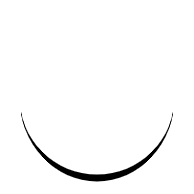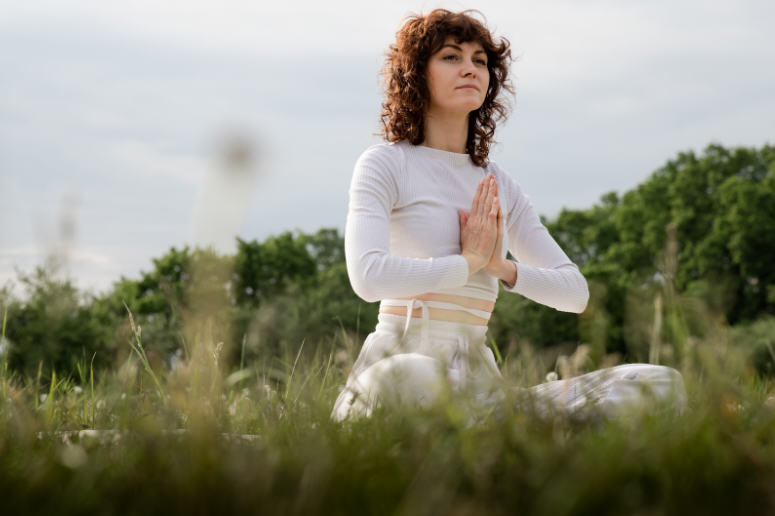


It’s a question that weighs on the minds of many women as they approach their late twenties: Does fertility really decline after 30?
For any woman planning to have children — now or later — understanding your body is essential. Knowing how much time you might have before starting your pregnancy journey isn’t about fear, but about awareness and empowerment.
Age is part of the story, but not the whole story. A woman’s fertility doesn’t suddenly disappear at 30 — it changes gradually, influenced by factors like hormones, general health, stress, and lifestyle.
Fertility is a woman’s natural ability to conceive and carry a pregnancy without medical assistance. It depends on the health of the ovaries, the quality of the eggs, and the regularity of the menstrual cycle.
In recent years, many women have chosen to delay motherhood — for personal, educational, or professional reasons — making open discussions about fertility in your 30s a necessity, not a luxury.
It’s important to understand that aging doesn’t mean losing hope. It simply means developing a deeper awareness of your body and your hormones. Every woman has her own biological rhythm; there’s no single rule that fits all.

In your twenties, fertility is usually at its peak. Your body produces a large number of healthy, high-quality eggs, making conception easier.
With the start of your thirties, this egg reserve begins to decrease naturally. By age 35, fertility typically declines by around 25%, and by 40, ovulation rates are significantly lower. Still, this doesn’t mean pregnancy becomes impossible.
Many women successfully conceive at 30, 35, or even 40, and give birth to healthy babies. There’s no “perfect age” for pregnancy — there’s only the right time for you, when your body and heart feel ready.
At Metle Metlik, we believe that awareness is the first step toward peace of mind. Listen to Episode 8 of our podcast Mech 3ayb: “Infertility — Causes, Myths, and When to Seek Help” to better understand how fertility works, and why conversations about it should never be a source of shame.
If you’re thinking about pregnancy — or simply want to understand your fertility better — start by visiting your gynecologist.
Your doctor may recommend:

While time can’t be stopped, you can do a lot to improve egg quality and hormonal balance naturally. Fertility isn’t fixed — it responds to your daily habits, mental health, and nutrition.
Adopt a diet rich in healthy fats like olive oil, nuts, and fish. Include leafy greens, whole grains, and foods high in B vitamins.
These nutrients help improve ovarian health and balance hormones — both essential for better fertility.
Discover our No Tox Program, designed to naturally cleanse the body and support hormonal balance — a key step for anyone planning pregnancy or seeking regular cycles.
Folic acid doesn’t increase your chance of conceiving, but it prepares your body for a healthy pregnancy. Doctors recommend starting at least three months before conception to protect the baby from neural defects and support proper development.

Chronic stress can disrupt hormones and delay ovulation. Find what calms you — meditation, walking in nature, journaling, or yoga. When your mind rests, your body works in harmony. Fertility begins on the inside long before it shows on the outside.
Yes. A balanced diet, exercise, proper sleep, and avoiding smoking or alcohol can all help. Programs like our No Tox Program naturally support hormonal health and fertility potential.
Fertility isn’t defined by age alone — it’s shaped by your overall health, emotional wellbeing, and lifestyle. Yes, fertility gradually declines after 30, but it doesn’t vanish.
Every woman’s body moves to its own rhythm, and your timeline is yours alone. Don’t see time as an enemy — see it as a guide. Fertility is a gift that asks you to listen to your body, care for it, and trust its pace.
Embrace this phase of your life with love and self-compassion. Your reproductive health isn’t just about pregnancy — it’s a reflection of your wholeness, balance, and power as a woman.
✨ Explore our programs | 🎧 Listen to our podcast | 📩 Subscribe to our newsletter
✨ Explore our programs | 🎧 Listen to our podcast | 📩 Subscribe to our newsletter


Enter your email address